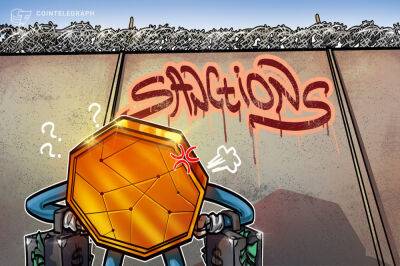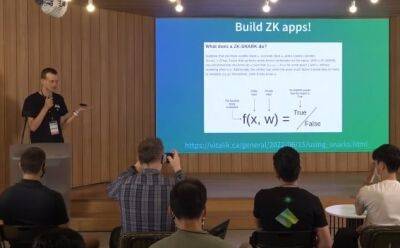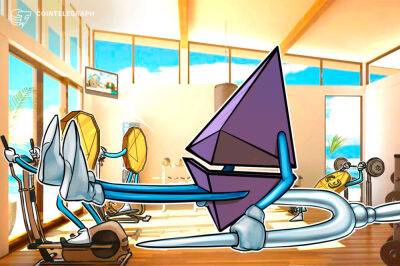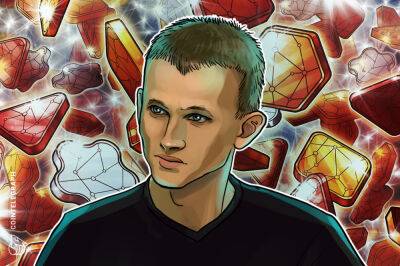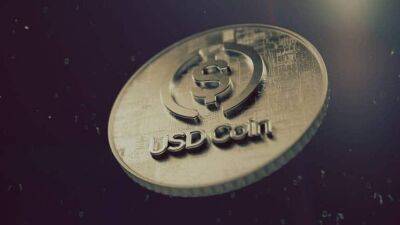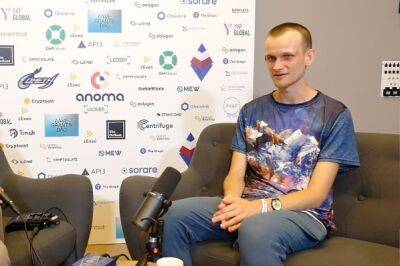Vitalik: Centralized USDC could decide the future of contentious ETH hard forks
Ethereum co-founder Vitalik Buterin says that centralized stablecoins such as Tether (USDT) and Circle USD (USDC) could become “a significant decider in future contentious hard forks.”
Buterin was speaking at the BUIDL Asia conference in Seoul on Aug. 3, along with Illia Polosukhin, the co-founder of Near Protocol (NEAR) to discuss Ethereum’s upcoming Merge.
The Ethereum co-founder argued that centralized stablecoins could be a “significant” decider of which blockchain protocol the industry would “respect” in hard forks.
A hard fork occurs when there is a radical change to the protocol of a blockchain network that effectively results in two versions. Usually, one chain ends up being preferred over another.
“Because at that point, you'll have 100 billion of USDT on one chain and 100 billion of USDT on the other chain, cryptographically — and so, they [Tether] need to stop respecting one of them," explained Buterin.
However, Buterin stated he “had not seen any indication” that such a contention would be an issue in Ethereum's upcoming Merge, noting that the centralized stablecoin issue is more of a concern for future hard forks.
He added that in the next five to ten years, Ethereum may see more contentious hard forks where centralized stablecoin providers could carry more weight.
“At that point, maybe the Ethereum foundation will be weaker, maybe the ETH 2 client teams will have more power, and maybe someone like Coinbase, would both run a stablecoin and have bought up one of the client teams by then […] like lots of those kinds of things could happen,” he said.
As a potential antidote to centralized actors, Vitalik proposed opting for different kinds of stablecoins:
“The best answer I can come up with is to encourage the
Read more on cointelegraph.com






